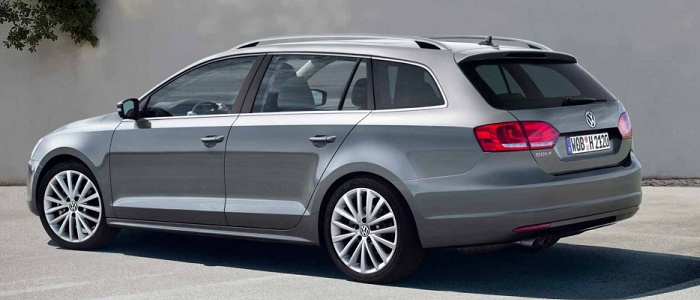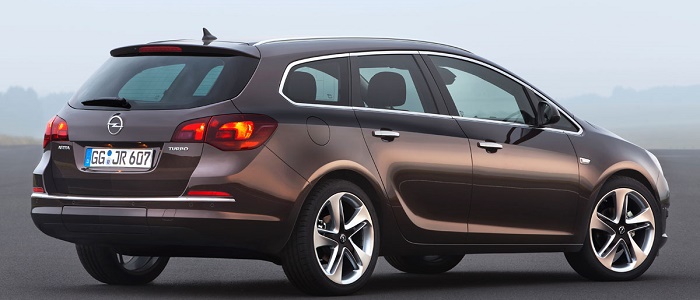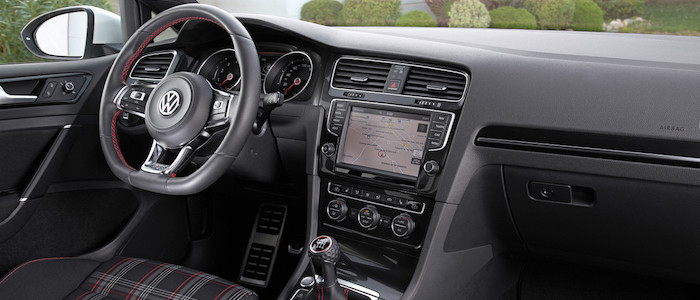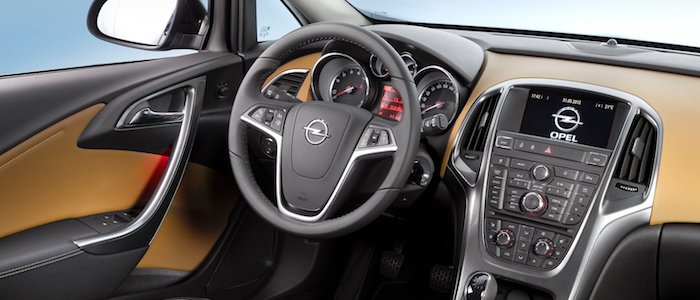Compare two cars
Compare any two cars and get our Virtual Adviser™ opinion
Dimensons & Outlines
Check vehicle history
Engine
1.6 B16DTU
Performance (manual gearbox)
Performance (automatic gearbox)
Expenses
Virtual Adviser's™ opinion
Two significantly similar cars, no doubt about that. Still, each one has something different to offer. Having both cars powered by diesel engines and utilizing the 5-door wagon body style within the same 'Small family car' segment, the only major difference here really is their wheel drive configuration (4 x 4 for the Volkswagen and front in the case of the Opel). The first one has a Volkswagen-engineered powertrain under the hood, a 4-cylinder, 16-valves 105hp unit, while the other one gets its power and torque from a 4-cylinder, 16-valves 110hp engine designed by General Motors.
SafetyBoth vehicles got tested by European New Car Assessment Programme (Euro NCAP), with the same number of safety stars gained in the process. That aside, let's consider some other aspects which affect safety. Both vehicles belong to the small family car segment, which is generally classifying them somewhere in the middle safety-wise, but it doesn't do much to help us decide between the two. Furthermore, taking kerb weight as an important factor into account, Golf offers a marginal difference of 5% more metal.
ReliabilityI don't like generalizing things when it comes to reliability, although it does seem that both brands display similar results in faults and breakdowns, all the models observed together. That's the official data, while our visitors describe reliability of Volkswagen, as well as Opel, with the same average rating of 4.2 out of 5. Independent research findings rank Golf as average reliability-wise, and Astra is more or less at the same level.That apart, owners of different cars powered by the same engine as Golf rank it on average as 4.5, while the one under the competitor's bonnet gets 3.6 out of 5.
Performance & Fuel economyVolkswagen is a bit more agile, reaching 100km/h in 0.1 seconds less than its competitor. In addition to that it accelerates all the way to 189 kilometers per hour, 5km/h more than the other car. When it comes to fuel economy the winner has to be Astra, averaging around 3.7 liters of fuel per 100 kilometers (76 mpg), in combined cycle. We can't ignore that 22% difference compared to Golf.
Verdict
Volkswagen appears just a bit more reliable, although the difference is truly marginal. The most important thing when deciding between any two vehicles should always be safety, both passive and active. In my opinion, everything taken into account, Golf offers slightly better overall protection and takes the lead. It all continues in the same direction, with Volkswagen being considerably quicker, thus putting more smile on driver's face. It does come at a cost though, and that's the fuel consumption... It's really tough to make a final decision here, but if I'd need to, I'd say Opel. Nevertheless, let's not forget that people have different preferences and needs, so what really counts is your personal feel. I'm only here to help. I suggest you spend two more minutes in order to find out which car, based on your needs and budget, would be picked by the virtual adviser™, among more than 12.000 different ones in our database.




































